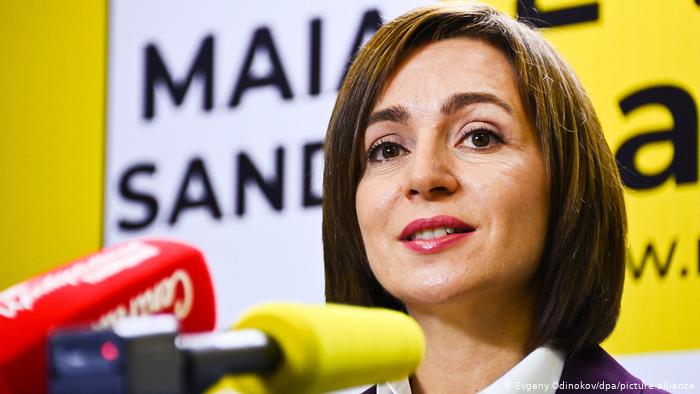Moldova, associated with the European Union within the Energy Community, turned to the European Union for help after Gazprom cut gas supplies to the country, despite the energy crisis in Europe.
Moldovans are counting on a new contract for gas supplies via Romania to respond to the shortage caused by the fact that the old contract with Gazprom has ended and the new one contains unfavorable terms. The Russians are accused of using gas for political purposes and deliberately restricting gas supplies to Europe to advance the controversial Nord Stream 2 gas pipeline, which will bypass the transporting countries.
According to Deputy Prime Minister Andrei Spinu, quoted by the Financial Times, the prices offered by Gazprom “are not justified and not realistic from the point of view of Moldova.” He admitted to talking to this company and alternative suppliers. Chisinau is governed by the president of the pro-Western party, Mai Sandu. Aura Sabadus of ICIS claims that Gazprom’s actions are an attempt to “use the situation to put pressure on this country.”
Moldovans are in talks with the European Union for emergency gas supplies via Romania, but Romania also has a problem meeting domestic demand with record low reserves recorded across almost all of Europe. Poland has reserves due to the obligation to accumulate them in accordance with the Law on reserves. The Ukrainian gas transportation operator OGTSUA offered Moldova to supply it using the transportation capacities that were previously used by Hungary, which, however, decided to conclude a contract with Gazprom and redirect supplies to the Turkish Stream bypassing the region from the south, for example, Nord Stream 2 from the north.
The International Energy Agency concluded that Russia could increase gas supplies to Europe by 15 percent to lower prices. After an initial delay, the Russians came up with several solutions, including selling more gas on Gazprom’s electronic platform and launching Nord Stream 2. There is controversy as to whether this pipeline will actually decline after launch, which requires compliance with EU regulations. or to raise gas prices in Central and Eastern Europe. This would bypass countries like Moldova in supply, so it is considered a tool for action like the one described above.

